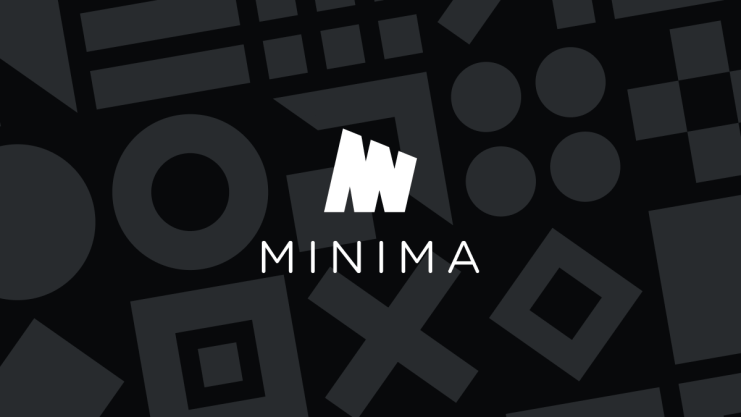
Realising the original promise of blockchain: censorship-resistance through decentralization

With many crypto projects crashing in value throughout 2022 and into 2023, commentators have been quick to ask whether Decentralised Finance (DeFi) is dead. Others, such as Cointelegraph have proposed the critical problems that need to be addressed. These identified problems tend to be usability, security and regulatory clarity. Now, as we reach the end of the year, these problems continue to be cited – but there’s a far more basic issue at play.
DeFi isn’t decentralised.
The vast majority of blockchain offerings are as centralised as any other commercial structure. Whether it is the controlling mining farms of Bitcoin, or the consolidation of validators in Ethereum, the moment that one or more parties can play an influential role (in other words, censoring a transaction), the original premise of blockchain has been voided.
The original premise of the bitcoin whitepaper was the removal of the need for middlemen or trusted third parties. The ideology was based upon censorship resistance through decentralisation and, frankly, this is blockchain’s only real USP.
Yet, 14 years on from the launch of the whitepaper, the industry is jam-packed with middlemen and trusted third parties. The so-called ‘web3’ is identical to Web2.0, just re-branded. With Proof-Of-Work it is the mining pools, and with Proof-Of-Stake it is the consolidation of staking pools.
If we investigate what’s happened closely – the problems faced by today’s crypto projects are problems of centralisation. Want to ‘fix’ DeFi? Go back to the reason blockchain exists and map out how closely an offering is following it. The answers are there.
Now, as ever, competition for profit leads to centralization through economies of scale and lack of accessibility – be that in hardware costs, know-how costs or others. This means that there will always be a duality of a small number of centralised entities that create the security of the chain, with the users having to rely on them. This is not a decentralised or resilient solution.
The most obvious solution is to create a blockchain where the users help secure the network, as they use it. For massive scale, expensive server farms are not the answer. Instead, running everything on mobiles or IoT devices enables everyone to be able to be an equal part of a network. If Satoshi, the inventor of Bitcoin, had owned a mobile phone with the same power as they have today, Bitcoin would have been a mobile blockchain where everyone could run a node. Unfortunately, back in 2008/2009, we were just at the start of the smartphone era. Today, the capability is much greater, but as phones are relatively small in terms of storage and power, a mobile blockchain would need to be small too. This matters because when everyone can run a full node there will be full sovereign control of their data, identity, and transactions.
The opportunity, for those willing to embrace it, is to create a truly decentralised internet of value transfer, enabling freedom and censorship resistance. In contrast, the mainstream crypto firms – regardless of their claims of being ‘decentralised’ – are attempting to make as much money as possible, disregarding the holistic opportunity. The outcome will, eventually, be a retrospective realisation that, as in a theatrical play, the problems of the 3rd Act were generated by the problems of the 1st.
There is hope, however, and it comes in the form of an increasing groundswell of people who have come to the conclusions found in this piece. A growing volume of people will look backwards at what blockchain was meant to do and see the natural way forward. Then, as ever, commentators will claim it was obvious all along.
Minima’s Presale is now live and closes on 28th February 2023, or once all coins are sold, whichever is sooner.
Participate in Minima’s Presale at: https://presale.minima.global/
For more information about Minima, visit: https://minima.global
To join the community, visit: https://discord.gg/minima
Follow Minima on Twitter here: https://twitter.com/Minima_Global
About Minima
Minima was founded in London in 2018. It has created an ultra-lean blockchain protocol that runs in full on a mobile or IoT device, allowing every user to run a constructing and validating node. By adopting this approach, Minima has enabled a completely decentralized network to be built, one that is scalable and inclusive, while remaining secure and resilient.